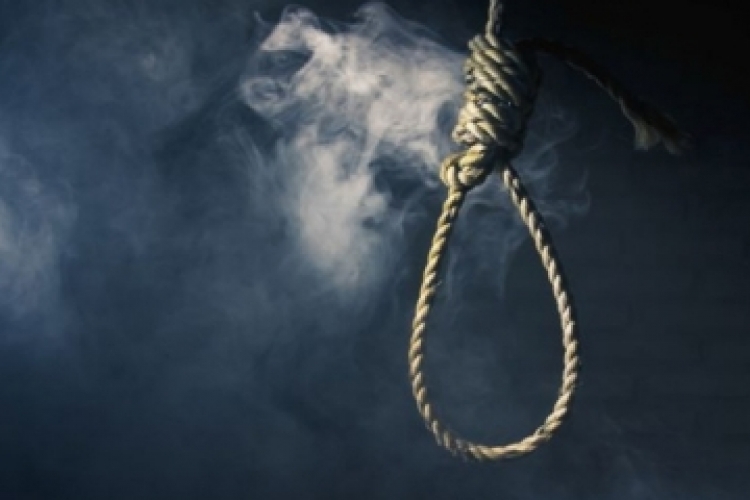Governors Pardoning Power
In news
A meeting of the Tamil Nadu Cabinet recommended to Governor Banwarilal Purohit that all seven life convicts in the former Prime Minister Rajiv Gandhi assassination case be released under Article 161 of the Constitution.
The decision followed the Supreme Court’s observation that the Governor shall be at liberty to decide on the remission application of Perarivalan, one of the convicts, “as deemed fit.”
Pardoning powers of the President and the Governor
The Constitution of India vests sovereign power in the President and Governors. The governance in the Centre and states are carried out in the name of President and Governor respectively.
A President is empowered with the power to pardon under Article 72 of the Indian Constitution. Article 72 says that the President shall have the power to grant pardons, reprieves, respites or remissions of punishment or to suspend, remit or commute the sentence of any person convicted of any offence.
The meaning of these terms is as follows:
- Pardon: Complete pardon
- Reprieve: Temporary suspension of sentence
- Respite: awarding less sentence
- Remission: Reducing amount of sentence
- Commutation: Changing one punishment to another.
As per article 161: Governor of a State has the power to grant pardons, reprieves, respites or remissions of punishment or to suspend, remit or commute the sentence of any person convicted of any offence against any law relating to a matter to which the executive power of the State extends.
Tamil nadu has invoked article 161 ,which grants clemency power to the governor to recommend the release of 7 convicts in the Rajiv Gandhi assassination case.
Options for the governor as per article 161
- Advice of council of minsters is binding on the governor , so he may accept it immediately
- No timelimit is prescribed in the constitution and the Governor can take his time
- The governor can seek Centre s opinion in this matter
- The governor can seek reconsideration of the decision
Please note that President can grant pardon to a person awarded death sentence. But Governor of State does not enjoy this power.
The question is that whether this power to grant pardon is absolute or this power of pardon shall be exercised by the President on the advice of Council of Ministers.
The pardoning power of President is NOT absolute. It is governed by the advice of the Council of Ministers. This has not been discussed by the Constitution but is the practical truth. Further, the Constitution does not provide for any mechanism to question the legality of decisions of President or governors exercising mercy jurisdiction.
But the SC in Epuru Sudhakar case has given a small window for judicial review of the pardon powers of President and governors for the purpose of ruling out any arbitrariness. The court has earlier held that court has retained the power of judicial review even on a matter which has been vested by the Constitution solely in the Executive.
Possible ground for remission
- Change in circumstances as the convicts have completed 27 years in prison
- Earlier rejection of mercy petitions by Governor /President was made while some of them were death row convict;as they are all life convicts now, there is no bar on granting remission
- Sovereign powers has not been exercised so far in respect of 3 convicts originally sentenced to life.
- Supreme court judgements have ruled that rejection of clemency once does not exhaust the power and can be invoked again


 IAS-2026 - OPTIONAL / GEOGRAPHY / PUBLIC ADMINISTRATION / SOCIOLOGY / ANTHROPOLOGY / ORIENTATION ON 03 & 04-10-2025
IAS-2026 - OPTIONAL / GEOGRAPHY / PUBLIC ADMINISTRATION / SOCIOLOGY / ANTHROPOLOGY / ORIENTATION ON 03 & 04-10-2025 